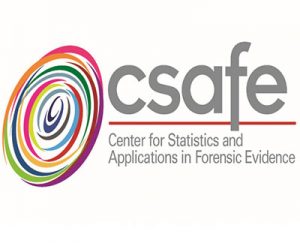‘High-sensitivity’ DNA analysis, which amplifies extremely faint, sometimes second hand samples and can be made up of as little as 16 human cells, is being called into question in New York courts. The FBI refuses to use high-sensitivity DNA analysis, saying that it hasn’t “demonstrated the necessary reliability for use in forensic casework.” High-sensitivity DNA analysis was used against American, Amanda Knox; a forensic report denouncing this form of DNA analysis as unreliable helped exonerate her.
Terry Carter writes: “The New York City medical examiner’s office it uses the protocol in about 10 percent of the DNA cases it analyzes. It says it has done 7,500 of the tests since 2005, and its scientists have testified in 250 cases in state and federal courts.” Brooklyn state Supreme Court Justice Mark Dwyer last year refused to admit high-sensitivity DNA evidence. District Attorney’s insist that high-sensitivity DNA analysis is a necessary tool for police and prosecutors.


Leave a Reply